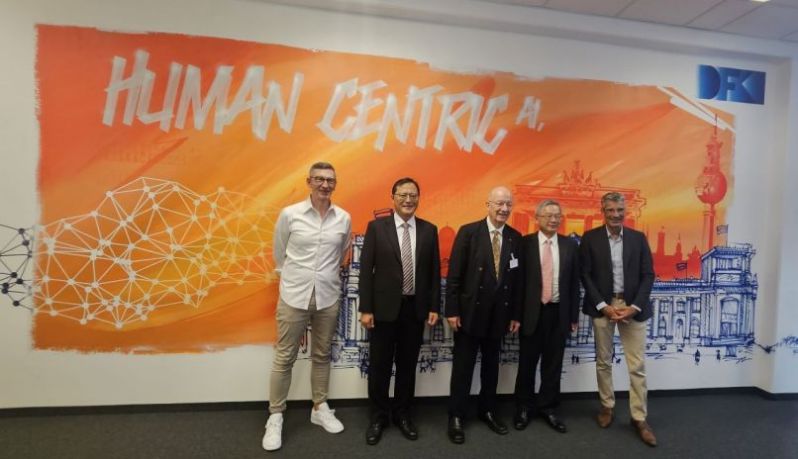Two seminars on artificial intelligence and semiconductors respectively were jointly staged by the National Science and Technology Council and the German Federal Ministry of Education and Research (BMBF) Sept. 3 and 4 in Germany, spotlighting government work to promote bilateral science and technology cooperation, the NSTC said.
The AI seminar in Berlin was co-chaired by Jane Yung-jen Hsu, Taipei City-based Taiwan AI Center of Excellence (Taiwan AICoE) vice chief, and Wolfgang Wahlster, German Research Centre for Artificial Intelligence (DFKI) founding director and chief executive advisor. It focused on AI edge computing and generative AI in large language models and followed a BMBF delegation exchange visit to Taiwan in April, when it was decided to hold the current seminar.
During his opening remarks, NSTC Minister Wu Cheng-wen said that Germany is one of Taiwan’s closest European cooperative partners in science and technology. The latest memorandum of understanding inked by Taiwan AICoE and DFKI helped accelerate the integration of bilateral AI research results into the global value chain, he added, while the BMBF also anticipated creating an international platform to deepen academic collaboration.
According to the NSTC, the semiconductor seminar held in Dresden was attended by academics, officials and business representatives. The principal researchers from six teams co-funded by the NSTC and BMBF presented results on joint chip design research projects during the seminar, the council said, adding that participants further exchanged views on future industry clusters and the ecosystem development.
Wu praised Dresden’s potential for semiconductor technology and its key role in shaping future bilateral collaboration during his remarks, the NSTC said. He exchanged views with State of Saxony government representatives on topics including regional development, infrastructure construction and supply chain ecosystem establishment, the council added.
The seminars followed a Taiwan-Germany scientific and technological cooperation arrangement signed last March in Taipei City, the NSTC said, adding that the pact determined the two sides would expand cooperation in areas such as AI, lithium batteries, hydrogen energy and semiconductors.
Source: Taiwan Today (https://taiwantoday.tw/index.php)







